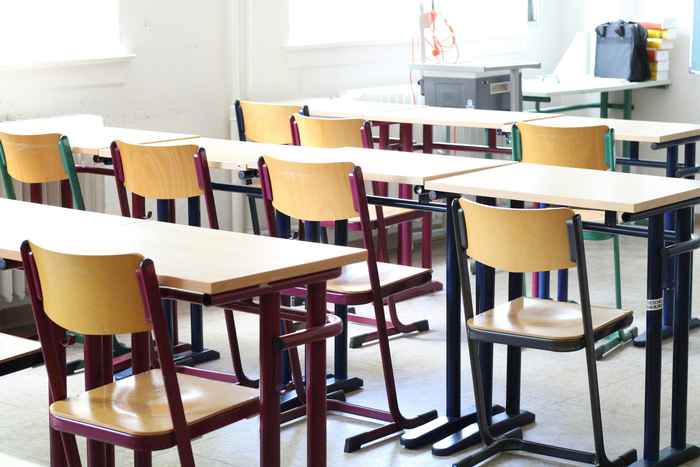Dutch youth have little knowledge about democracy
28 November 2023

In summary, the conclusions are:
Knowledge lower than in other countries and significant differences between students and schools
Dutch high school students know just as much about citizenship and democratic principles as the international average but significantly less than students in areas similar to the Netherlands, such as the Scandinavian countries or the German state of North Rhine-Westphalia. As in many other countries, the knowledge of students in the Netherlands is lower than six years ago when this study was last conducted.
In comparison to other countries, the group with the lowest scores in the Netherlands is relatively large: one in seven young people. Furthermore, the differences between schools are considerably larger than in other countries. In addition, significant disparities exist in the Netherlands among young people with parents with different educational backgrounds and between young people with or without a migration background.
Opinions and attitudes
The views of Dutch students on citizenship and democratic values have not changed much in recent years. Remarkably, young people in the Netherlands have less confidence in their own citizenship skills than peers in comparable countries.
Democracy and equal rights
Many young people in the Netherlands support democracy. Nearly four out of five consider democracy the best way to govern the country, believe that the political system works well, and express confidence in the government. However, Dutch students have less confidence in the government than peers in comparable countries and less frequently expect to engage in political activities later in life. Although almost three-quarters of young people say they will vote when they turn eighteen, this number is lower than in countries similar to the Netherlands. Additionally, young people in the Netherlands express less support for gender equality and equal rights for ethnic groups.
Schools do little to provide citizenship education
Teachers devote relatively little attention to various perspectives on political and social issues or to diversity and inclusion. In comparison to their peers elsewhere, Dutch students state that they have learned less about citizenship at school.
Differences related to parents' educational background
Significant differences in citizenship competencies exist among young people with parents having different educational backgrounds. These differences not only pertain to knowledge but also extend to support for gender equality and equal rights for various ethnic groups. Youth with parents having a higher professional or academic education possess more knowledge and express greater support for equal rights.
Migration background of students makes a difference
Young people with a migration background have a more positive attitude towards immigrants than their peers but have less confidence in the institutions of democracy. Young people without a migration background are more likely to plan to vote when they turn eighteen compared to students with a migration background.